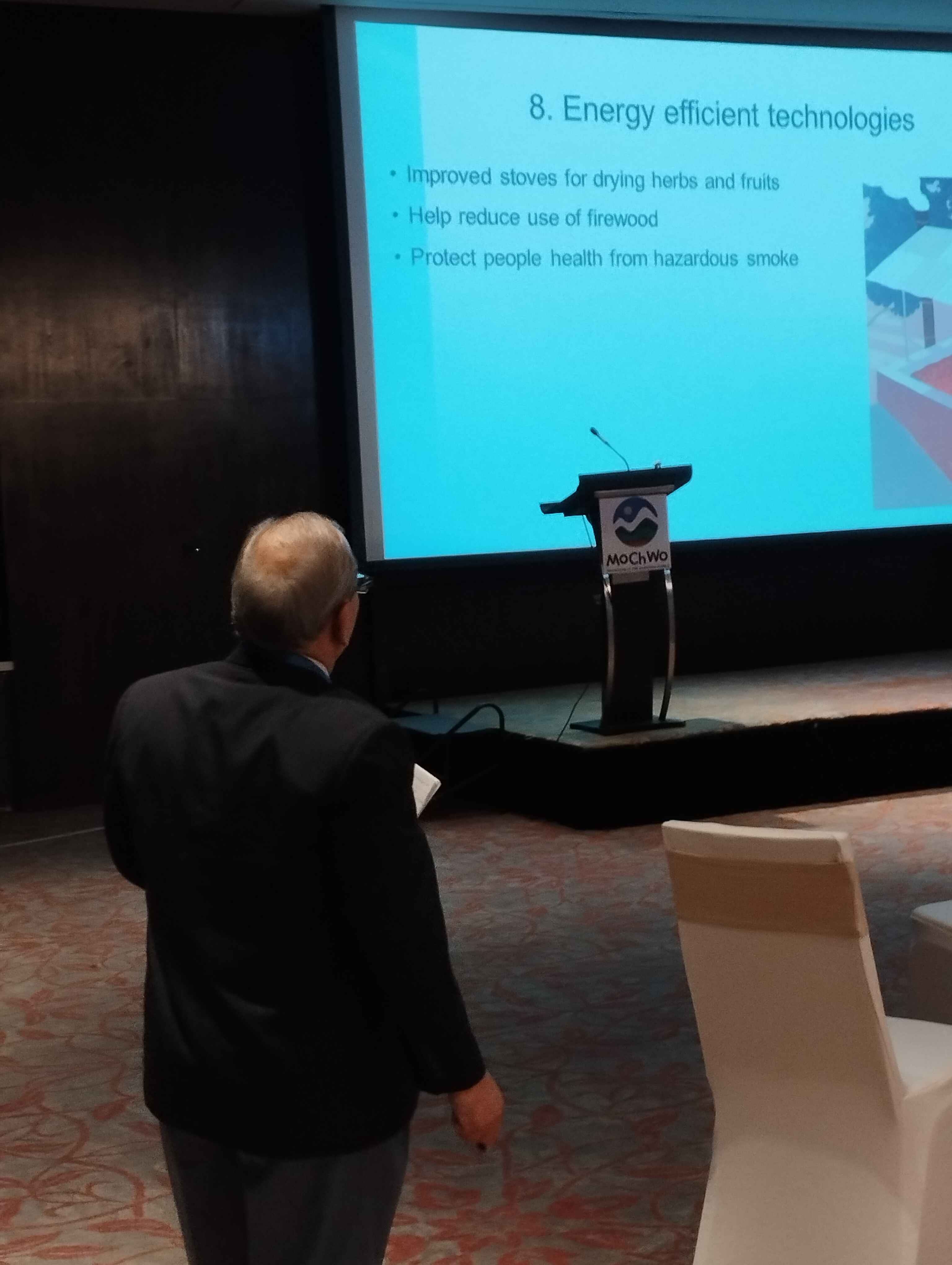Kathmandu, October 4, 2024 – The international conference "Mountains in the Changing World" (MoChWo) has officially begun in Kathmandu today, bringing together experts, scientists, and environmental advocates from over 15 countries. Held from October 4 to 5, 2024, the conference focuses on the critical challenges facing mountain ecosystems and the communities that depend on them, particularly in the context of climate change and sustainability.

Organized annually by the Kathmandu Institute of Applied Science (KIAS) since 2016, MoChWo has become a leading platform for the exchange of research and innovative solutions tailored to mountain-specific issues. With mountain regions experiencing increased vulnerability to climate change, the conference emphasizes the need for targeted efforts to protect biodiversity, water resources, and local livelihoods.
This year’s conference includes 18 technical sessions, 71 oral presentations, 14 poster presentations, and two panel discussions. The event highlights diverse topics such as disaster management, sustainable hydropower innovations, and women’s leadership in climate action, making it a vital interdisciplinary forum for advancing mountain resilience.
Key sessions at MoChWo 2024 include:
Climate Change and Disaster Management: Exploring the intersection of climate-induced challenges and disaster mitigation strategies in mountain regions.
Air Pollution and Hydropower Innovations: Delving into the impacts of air pollution on mountain ecosystems and innovative solutions for sustainable energy in these fragile environments.
Women Leaders in STEM: A crucial symposium focusing on the role of women in driving climate change solutions, advancing environmental research, and leading in science and technology fields.
Biodiversity and Ecosystem Dynamics: Addressing the conservation of biodiversity as ecosystems undergo rapid shifts due to climate and human pressures.
With its emphasis on interdisciplinary collaboration, MoChWo 2024 continues to serve as a cornerstone event in the global effort to understand and preserve mountain ecosystems. The conference, reinforces the urgency of developing innovative solutions to safeguard these regions, which are vital not only for the communities that inhabit them but also for global biodiversity.